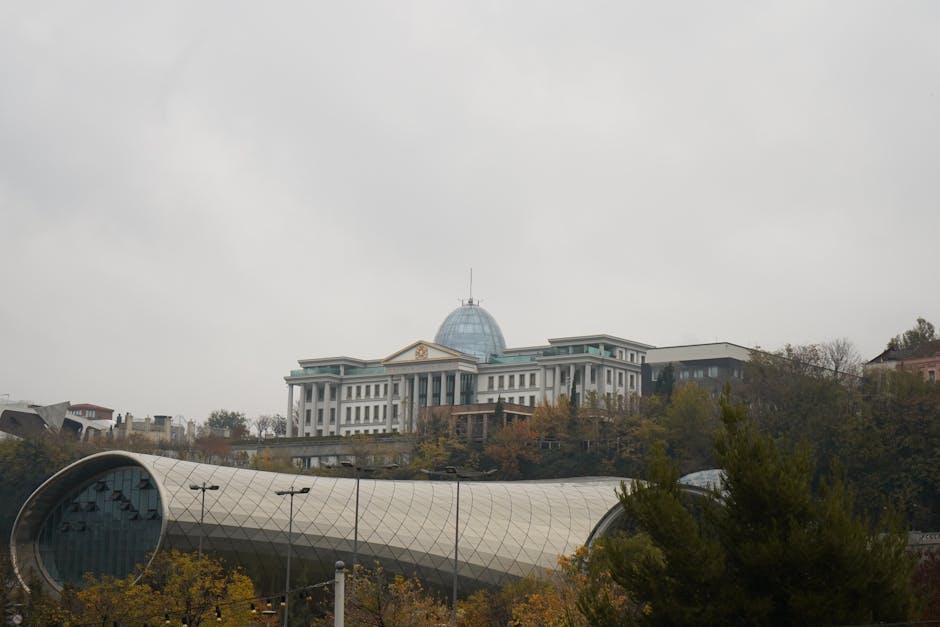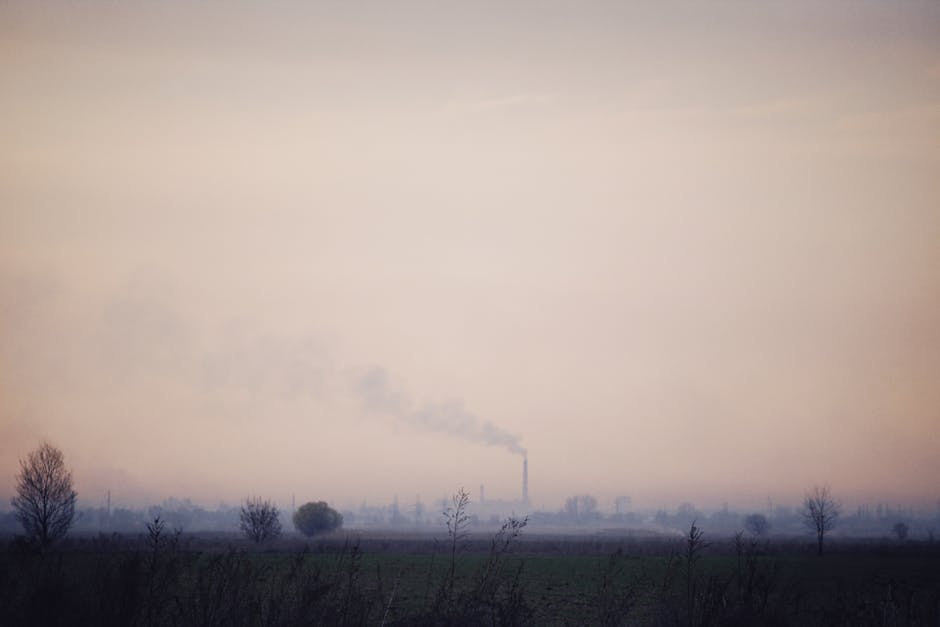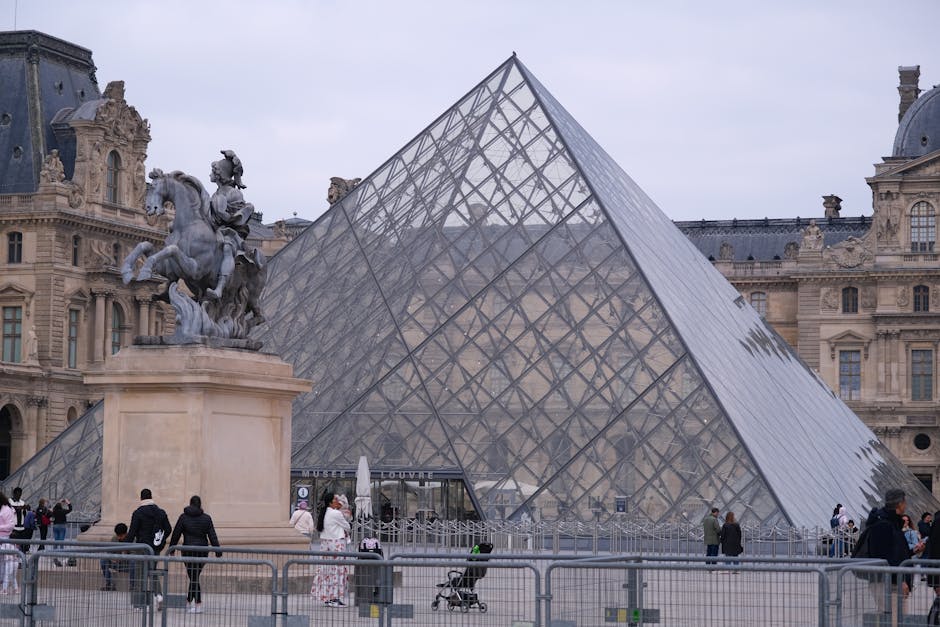Tbilisi, Georgia – Georgian Prime Minister Irakli Kobakhidze has accused protesters of a calculated “attempt to overthrow the government,” claiming the recent storming of the presidential palace was a premeditated act aimed at seizing power. The bombshell allegation dramatically raises the stakes in a political crisis gripping the Caucasus nation.
The declaration transforms what began as protests against a controversial piece of legislation into a full-blown struggle for Georgia’s democratic future.
The “Russian Law” at the Center of the Crisis
At the heart of the turmoil is the contentious “foreign agent” bill championed by the ruling Georgian Dream party. The proposed law requires media, NGOs, and other non-profit organizations to register as “pursuing the interests of a foreign power” if more than 20% of their funding comes from international sources.
While the government frames the bill as a move toward transparency, tens of thousands of protesters have dubbed it the “Russian law.” They argue it mirrors legislation used by the Kremlin to systematically crush dissent and civil society. For a nation officially aspiring to join the European Union, the bill is seen as a catastrophic pivot away from Brussels and toward Moscow.
PM Kobakhidze’s Coup Allegations
In a direct response to the escalating demonstrations, the Georgia PM says the storming of the presidential palace aimed at overthrowing the gov’t. By framing the protests as a violent, foreign-backed plot, the government seeks to delegitimize the movement and justify a potential crackdown.
“When you storm a state institution… that has a clear goal,” Kobakhidze stated in a televised address. “The goal is to overthrow the government and seize power by force.”
He alleges that radical opposition groups, funded from abroad, are manipulating the peaceful will of the Georgian people to orchestrate chaos and achieve their political aims.
A Nation Divided: President vs. Government
Complicating the government’s narrative is the staunch opposition from Georgia’s own head of state, President Salome Zourabichvili. A pro-Western figure, Zourabichvili has sided with the protesters, vetoing the bill and condemning it as an obstacle to the nation’s European ambitions.
This has created a stark internal power struggle. The storming of the Orbeliani Palace, her official residence, adds a layer of complexity, as many protesters view her as an ally in their cause against the ruling party’s agenda.
International Alarm and Georgia’s Future
The international community is watching with growing concern. Both the United States and the European Union have condemned the bill, warning that its passage would severely jeopardize Georgia’s path to EU membership—a goal overwhelmingly supported by the Georgian people.
With the government holding the parliamentary majority needed to override the presidential veto, and protesters vowing to continue their fight, Tbilisi is now a tinderbox. The Prime Minister’s claim of an attempted coup has pushed the country to a perilous crossroads, forcing it to choose between the road to Europe and a path back into Russia’s shadow.




